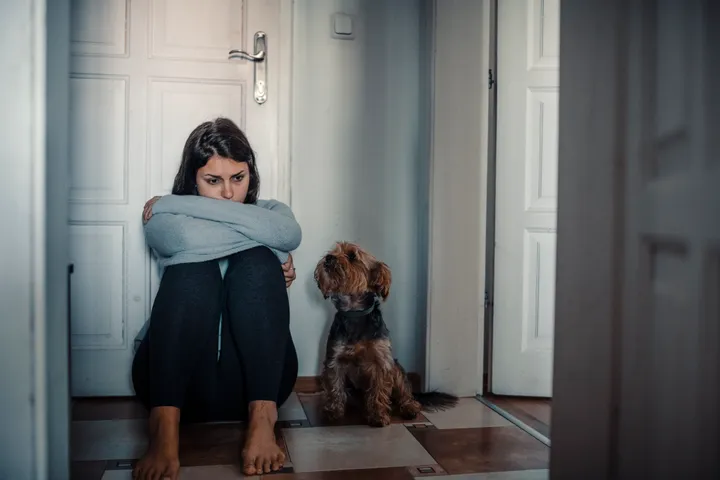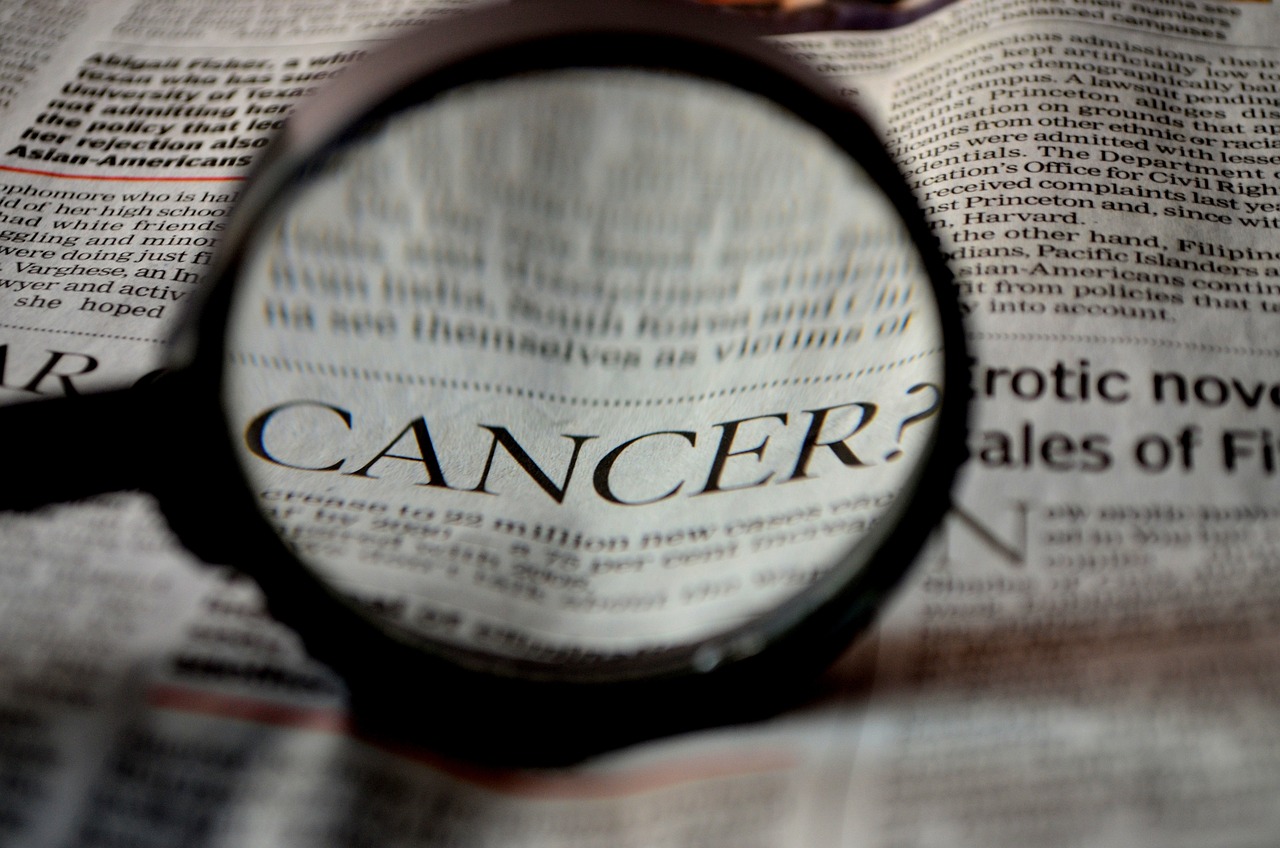Introversion and social anxiety are often conflated, both in people’s minds and in memes on the Internet.Here’s the reality: Enjoying alone time is not the same as having a mental health issue.
Introversion (the trait of preferring to be alone) is a personality trait.Social anxiety disorder (the fear of being looked at or judged by others) is a mental health condition that affects an estimated 15 million Americans.Of course, you might be an introvert and also have social anxiety.But mistakenly assuming that the two are the same does a disservice to people who fall into each category.
Based on experts and research, these easy-to-understand illustrations depict the differences between social anxiety and introversion.Take a look:
1. Introverts get drained from big parties. People living with social anxiety often fear them.

For people with social anxiety disorder, the thought of social interaction can be paralyzing, said Victor Schwartz, chief medical officer of the Jed Foundation, a suicide prevention organization.
“Introversion is a personality style. The person may not enjoy or may need time to warm up to social situations and may experience some manageable anxiety in social situations,” he says.”People with social anxiety disorder experience more severe and acute anxiety when facing or even thinking about social situations, which is likely to lead to functional limitations.” This includes fear or avoidance of parties or other group activities, he added.
2. An introvert could be born with the trait. Social anxiety can develop based on a person’s environment.

Clinical psychologist Ellen Hendriksen says social anxiety can manifest itself as a product of a person’s environment.For example, it can develop after bullying or some early form of social exclusion.However, introversion is more of a trait that is ingrained in a person from the beginning.
“Introversion is a trait, meaning it’s an innate part of your personality,” she wrote in a republished article in Scientific American.”But with social anxiety, while you may have the tendency, you didn’t come out of the womb with it. Chances are, a lot was learned during its development.”
3. An introvert may enjoy downtime before going somewhere with a crowd. Someone living with social anxiety may have a panic attack.

Introverts use breaks before or after social events as moments to recharge because they gain or replenish their energy from being alone rather than with others.For those with social anxiety disorder, anticipating large gatherings can cause extreme fear, panic, or stress.
“The symptoms of social anxiety are the same as those of general anxiety. The difference is the environment or context,” Schwartz explains.These may include “feelings of tension, tension, difficulty sitting still or concentrating, and physical symptoms such as tightness in the throat or chest, rapid heartbeat, sweaty palms, and fluttering stomach.”
4. Introverts don’t necessarily dislike public speaking; they just hate the small talk that follows. People living with social anxiety worry they’re being judged by a crowd.

When it comes to public speaking or presentations, introverts hate the meaningless conversation after the event, but may not hate the speech itself.For those with social anxiety disorder, standing in front of a group of people can be problematic.Perfectionism is a side effect of this condition, and people dealing with it often worry that they will mess up or say the wrong thing.
“People often think that people disapprove or might make fun of people with anxiety disorders,” Schwartz says. “People often expect that they will be embarrassed or ashamed of something they say or do—’My Voice Listens’ It’s fun to be up’ or ‘I’m feeling slurred’ or something like that.”
Bottom line: Inaccurate stereotypes can lead to false stigmas—whether a person is an introvert, someone with social anxiety, or both.




